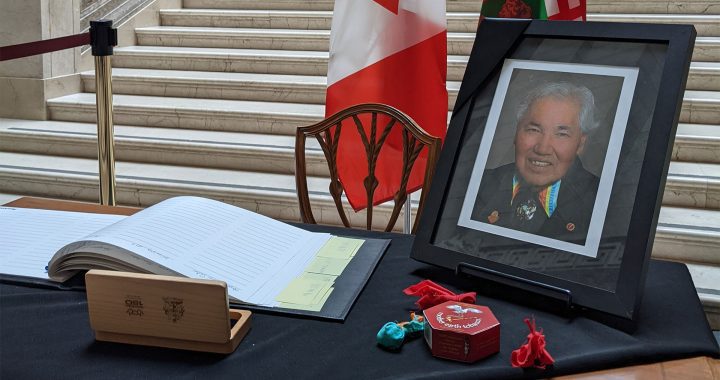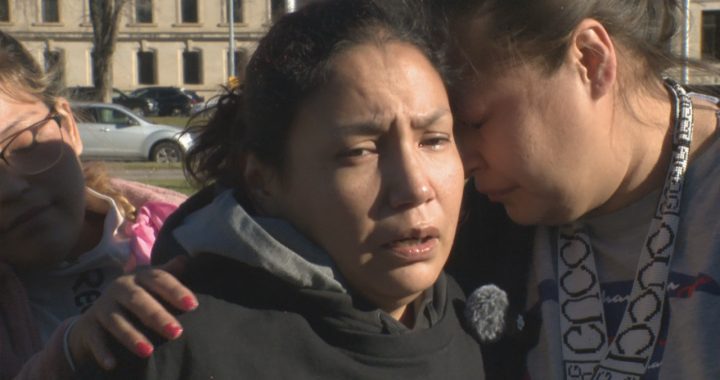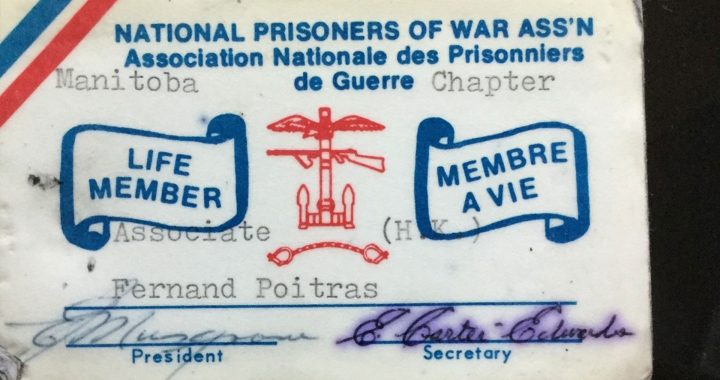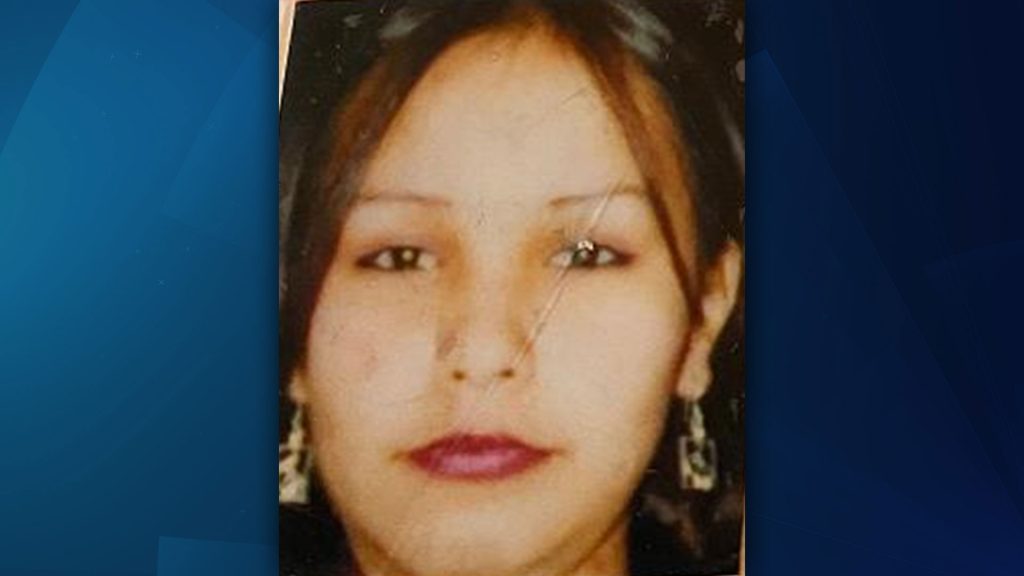
DNA belonging to Ashlee Shingoose was found in Jeremy Skibicki's apartment. She has been missing since 2022. Photo: Winnipeg police.
Warning: This story contains disturbing details. Please read with care.
The Winnipeg Police Service (WPS) confirmed it found the DNA of four Indigenous women inside the home of their self-confessed killer, a court heard Thursday, along with the DNA profiles of an additional 12 women.
Const. Jan de Vries, with the WPS Forensic Identification Unit, said he sent clothing, jewelry and blood stains from the apartment of Jeremy Skibicki for testing in May 2022 that positively identified Morgan Harris, Marcedes Myran and Rebecca Contois, three First Nations women slain in the spring of 2022.
The testing also confirmed the presence of Mashkode Bizhiki’ikwe (an Ojibwe spirit name meaning Buffalo Woman), de Vries said of the 20-something Indigenous victim police have yet to identify.
Skibicki, 37, has confessed to “unlawfully” killing Harris, Myran, Contois and Mashkode Bizhiki’ikwe, but is seeking to be found not criminally responsible due to a mental disorder.
The Crown alleges he is guilty of four, “racially motivated”, first-degree murders of vulnerable Indigenous women he picked up at city homeless shelters.
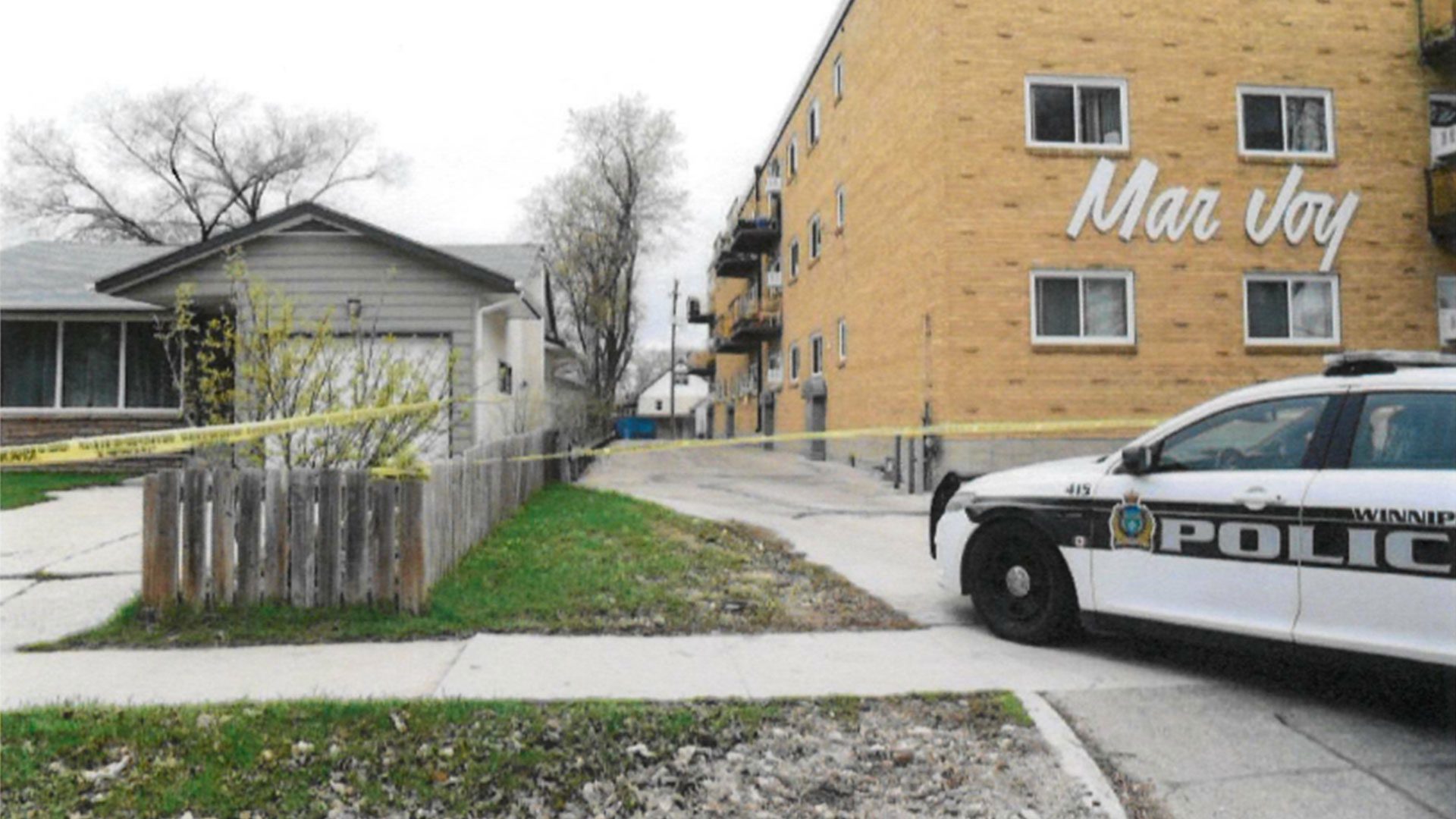
Crown attorney Christian Vanderhooft told court nine of 16 female DNA profiles remain unidentified by police.
That means their DNA is not on file with the police service.
It does not mean they were murdered.
In fact, the Crown told APTN News later he does not believe there are any further victims based on the evidence.
However, police did say further victims were possible when announcing Skibicki’s homicide charges on Dec. 1, 2022.
Vanderhooft did not reveal the names of two of three women whose DNA was identified; he said the third woman was Andrea Cederwall.
Defence lawyer Leonard Tailleur has said his client suffers from borderline personality disorder and post-traumatic stress disorder.
But during a lengthy interview with two Winnipeg homicide detectives, Skibicki appeared lucid and calm. He detailed the crimes in a nonchalant manner following his arrest on May 17, 2022.
In a portion of the videotaped interview shown at his trial, Skibicki said he regularly used marijuana and was either coming down from mushrooms laced with psilocybin or high on methamphetamine when he killed the women.
He wasn’t on medication or suffering from psychosis, he added.
Chief Justice Glenn Joyal of Manitoba’s Court of King’s Bench and members of the victims’ families have heard graphic testimony all week and Thursday was no exception.
Vanderhooft had de Vries confirm more than 100 crime scene photos of items he swabbed, tested and fingerprinted from inside Skibicki’s apartment and recovered from various garbage bins and dumpsters in his North Kildonan neighborhood. The items included furniture, household goods, clothing, shoes, hats, jackets, underwear and jewelry.
Also, de Vries confirmed he located the partial remains of Contois inside a residential garbage bin after police received a 911 tip from a man who was scavenging in the alleyway.
Police have said they recovered additional remains of Contois in the city’s Brady Road landfill, but refused to search privately owned Prairie Green landfill for Harris, Myran and Buffalo Woman citing safety and other concerns.

The women’s remains have not been recovered.
Court was told Skibicki was recorded on residential and commercial surveillance video tossing garbage bags into area bins and dumpsters before his arrest.
The crime scene photos were not shown in court, but family members could be seen bowing their heads or closing their eyes as the images were described.
Among the items de Vries located in Skibicki’s apartment was a black “combat-style or hunting” knife with a serrated edge. The constable said the blade and hilt tested positive for human “biological material.”
In the police interview, Skibicki told detectives he used the knife to dismember Contois’ body in his apartment.
The bathtub, where he claimed to have drowned some of the victims after strangling or choking them, tested positive for latent blood “not visible to the human eye,” said de Vries. A wall in the bathroom, the bathroom door, two mattresses and a pillow also tested positive for human blood, he added.
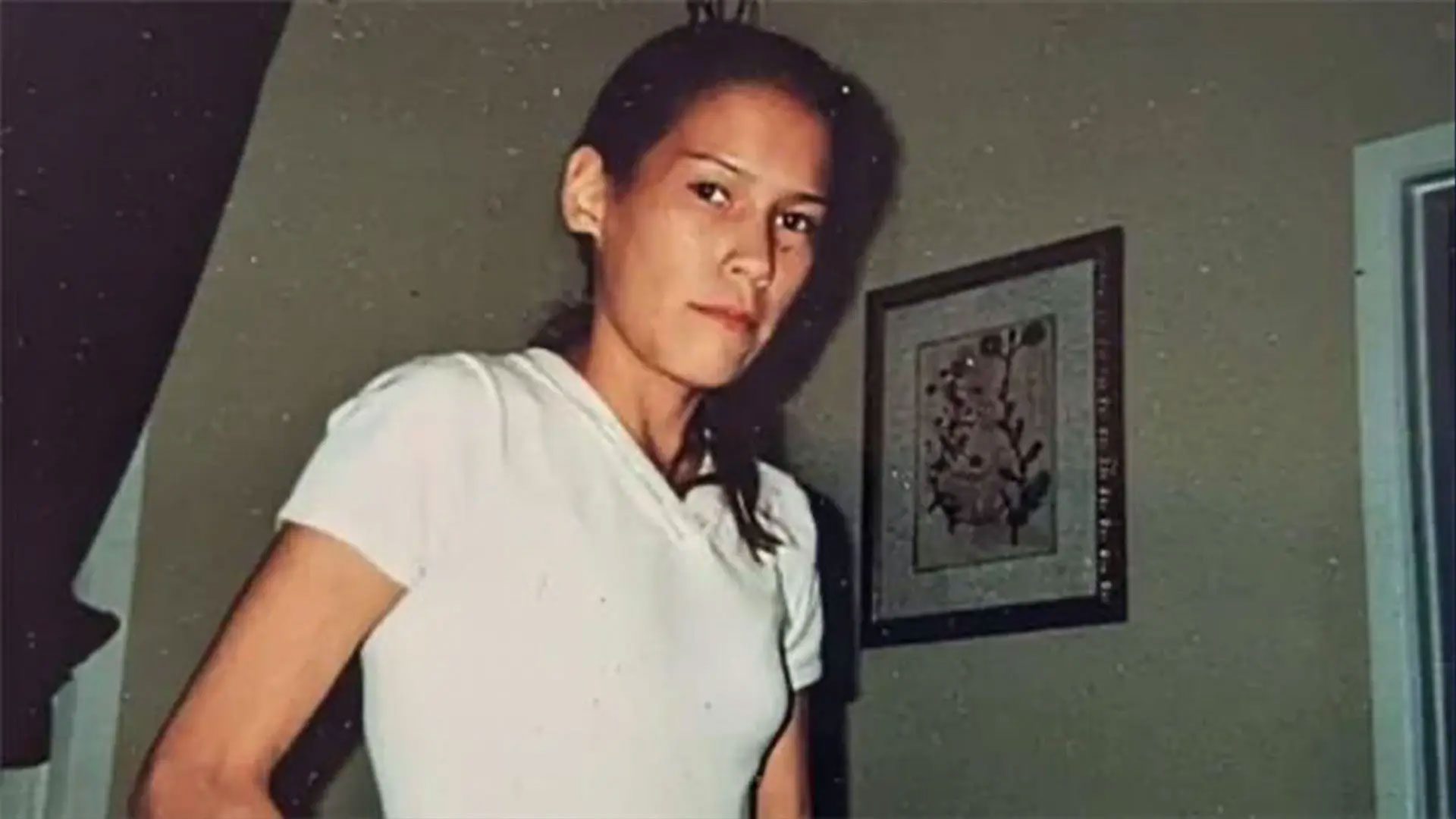
Vanderhooft said the DNA of Ashlee Shingoose was identified in Skibicki’s apartment, a missing woman from St. Theresa Point First Nation in northern Manitoba last seen in Winnipeg in March 2022. Police said the 31-year-old mother of three was at or near the Salvation Army homeless shelter on Henry Street.
Shingoose’s father, fearing she might be Buffalo Woman, travelled nearly 500 km to Winnipeg in January 2023 to provide police with a DNA sample.
But it did not a match and Buffalo Woman remains unidentified.
Police confirmed to APTN News Thursday that Shingoose is still missing.
Vanderhooft said Cederwall, a mother of three who grew up in Kenora, Ont., has since died. She was 34, according to her obituary.
A black, Baby Phat jacket is the only item from Skibicki’s apartment police linked to Buffalo Woman via DNA, de Vries confirmed for the court. The Crown said police recovered it from a man who claims he bought it from Skibicki on Facebook Markeplace, after Buffalo Woman was killed.
A running shoe that tested positive for Myran’s DNA was found in Skibicki’s apartment, said de Vries, and its mate located in a nearby garbage bin. He also tested a Ziploc bag marked with the name “Harris, Morgan” and her date of birth that de Vries said looked like it came from a hospital.
Read More:
Father of Ashlee Shingoose is heading home without his daughter, again
Vanderhooft told court de Vries also photographed Skibicki for police purposes and asked whether he had concerns about Skibicki’s behaviour or mental health at the time, to which the officer replied “No,” he “did not.”
Meanwhile, the day got off to a tense start when the judge told court he’d been made aware of a “security concern related to some of the (victims’) families involved.”
Without revealing many details, Joyal said a male had been prevented from entering the courtroom by Sheriff’s officers who provide security at the downtown complex. The man was believed to be the same person who attended a pre-trial hearing in November 2023 and allegedly caused a disturbance.
At the end of the day, Joyal announced the Winnipeg Police Service and its Major Crimes Unit has been made aware of the security situation.
The trial is scheduled to resume Friday morning.
Support is available for anyone affected by these reports and the issue of missing and murdered Indigenous people. Immediate emotional assistance and crisis support are available 24 hours a day, seven days a week through a national hotline at 1-844-413-6649.





